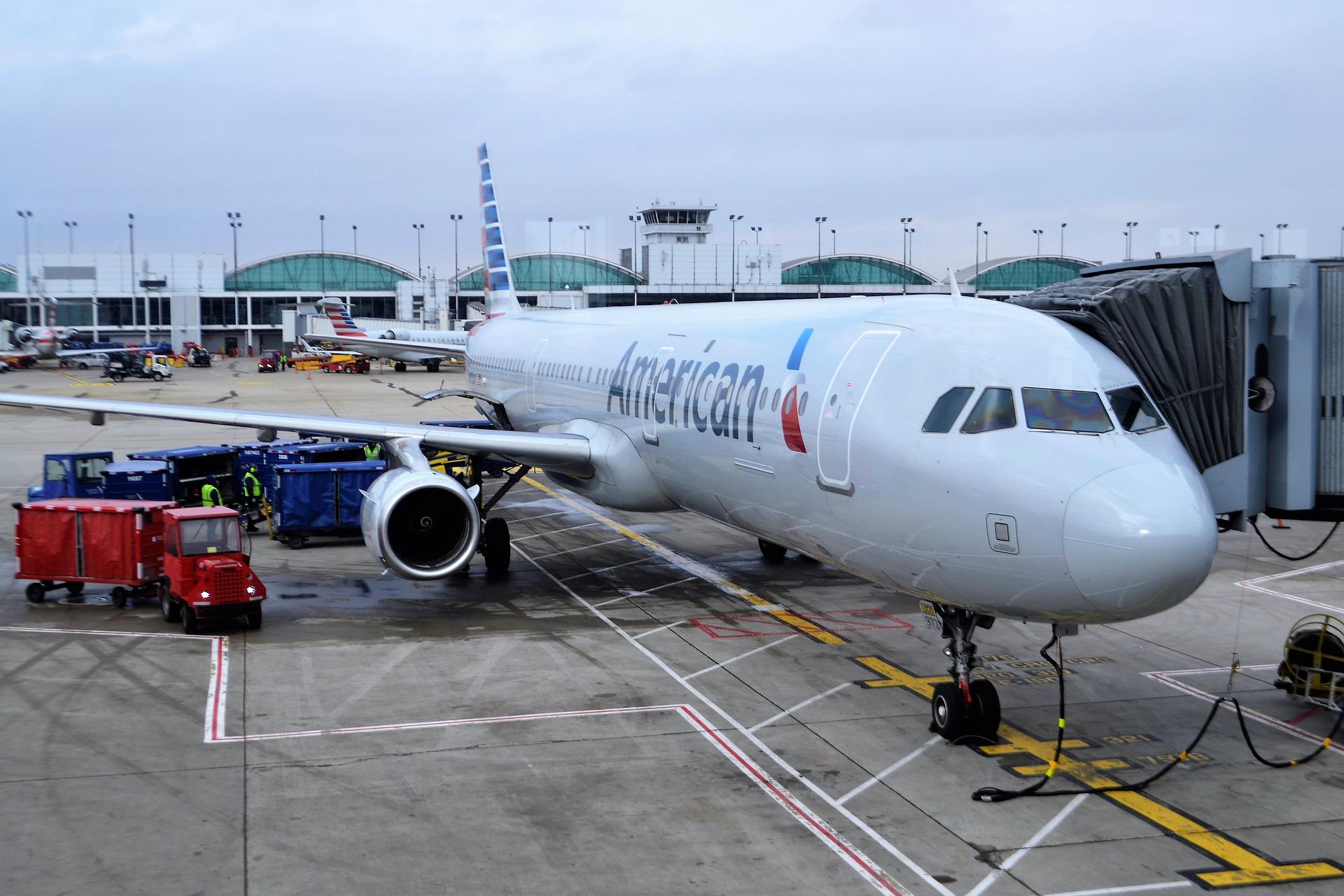Ratings on Air Agency Certificates for FAA Repair Stations
All FAA repair station operators must maintain the proper certificate ratings in order to maintain, inspect, or alter certain types of aircraft parts. The FAA issues certificates under Title 14 of the Code of Federal Regulations, 14 CFR Part 145. These “Air Agency Certificates” assign ratings that define whether the station is capable of performing MRO-related tasks on everything from propellers to radios to airframes. No FAA repair station can perform inspections or repairs on aviation equipment or components unless it has the appropriate rating.
What are the FAA Repair Station Ratings?
There are six broad ratings a station could hold, each of which contains further details that clearly define the station’s specialized skills. Here are the six:
- Airframe
- Powerplant
- Propeller
- Radio
- Instrument
- Accessory
Under each rating, there are several classes to differentiate the types of work the station can complete within that rating. For example, the engine rating contains three classes — two for reciprocating engines (400+ horsepower and 400 or less horsepower) and one for turbine engines.
The FAA regulates these processes for U.S. companies. In Europe, the analogous organization EASA issues its own credentials. FAA and EASA ratings are the primary authorities on repair stations within their respective zones. Many stations will maintain both.
Why Are Air Certificate Ratings Necessary?
There are many independent standards an FAA repair station might follow for best practices, safety, and compliance. Any station that prides itself on high levels of quality control is sure to hold multiple certifications from various organizations attesting to the quality of their processes. For instance, MFT delivers AS9100 and Nadcap certified plating services, including RoHS compliant electroless nickel.
However, only the FAA Part 145 Air Agency Certificate that designates us as an FAA Repair Station and qualifies us to work on cleaning, refurbishment, and repair of parts for aircraft MRO. An Air Agency Certificate (and its included rating) is proof that programs, systems, and intended methods of compliance have been thoroughly reviewed, evaluated, and tested. FAA regulations hold repair stations to safety standards and process specifications that must remain predictable and consistent across all MRO service providers. The certificate is your guarantee that the station provides the reliable service you need.
Can a Certified FAA Repair Station Work On Any Type of Aircraft?
No, the repair station will be approved to work on specific makes and models in accordance with its rating. This is part of the purpose of the rating system — to differentiate between Part 145 repair stations that may be experts in repairing Boeing airframes vs. other stations that might specialize in cleaning and stripping of Honeywell engine components.
Metal Finishing Technologies LLC holds an Air Agency Certificate with a Limited Engine Rating. This rating is “limited” because it is specific to engines of the following makes:
- Pratt & Whitney
- CFM International
- General Electric
- International Aero Engines (IAE)
- Honeywell International
- Engine Alliance
- Rolls Royce
All major makes are represented in this list. We have the capabilities to carry out more than 20 cleaning, brazing, and finishing processes that meet MRO repair specifications and FAA standards for these brands. We complete work on parts from these manufacturers throughout turbine ground, commercial, and military engines.
However, if a customer were to call us with an engine from another smaller make not on this list, it would not be covered under our certificate. Ratings protect the customer by ensuring that only stations with the specific training and processes for the make of their components will complete the work.
Do you have any aircraft MRO work coming up? Explore our full Service Process Operation Procedure (SPOP) list here. Our experienced staff has delivered comprehensive cleaning, stripping, and finishing work on aircraft engine components for more than 30 years, including nickel sulfamate and cadmium plating.

